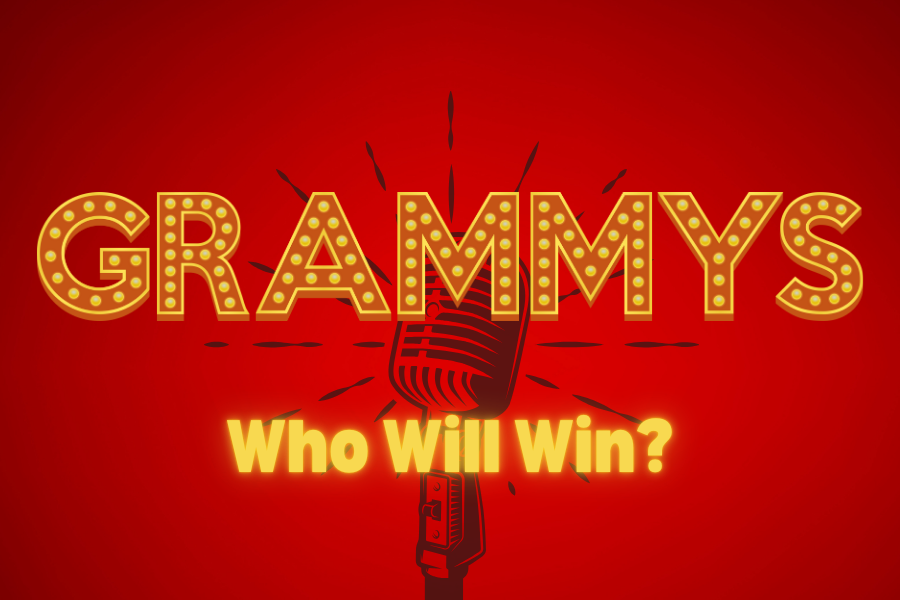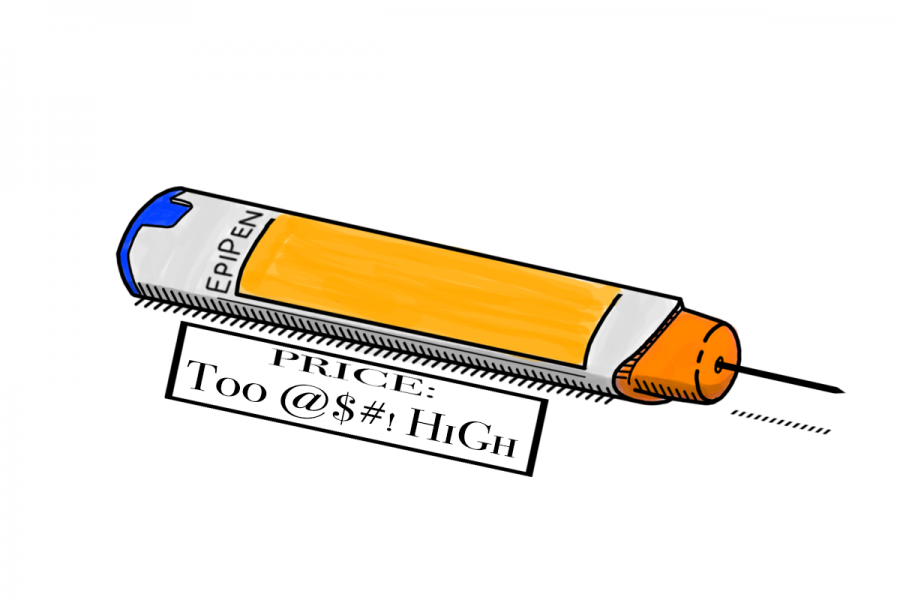EpiPen Prices Soar
September 26, 2016
Over the past several years, the cost of two EpiPens in the U.S. has gone from $100 to over $600. Just in the past several months, the price has gone up $100. The price spike has made parents and users outraged. Franz Stolpen ‘20, an EpiPen user with life threatening allergies, was especially affected by the shift in prices. He carries one EpiPen with him. City High has another, in case of a sudden allergic reaction.
“I found out about the price raise from my parents,” Stolpen said. “They weren’t happy about it at all.”
EpiPen is an injection containing epinephrine, a chemical that narrows blood vessels and opens airways in the lungs. EpiPens expire after a year, so they have to be bought annually.
Some allergic reactions can be so severe that two EpiPens are required to treat the reaction. If that’s the case, two EpiPens would be required at school or work, and two to be carried with the user. For kids with such severe allergic reactions, the cost of their medication could be at least $1,200 a year. Dr. Tess Judge-Ellis is a nurse practitioner and Associate Clinical Professor at the University of Iowa College of Nursing, and sees the daily challenges that come from the rising price of medications in general.
“[The rising price] is such a challenge. I see my practice as a partnership with patients,” Judge-Ellis said. “This sort of situation would be a problem to solve, just as partnering with someone on the care of a medical illness such as diabetes. Working with patients to find a workable solution is part of being a health care provider. Frankly, affording medications for any illness can be a real challenge, not just for EpiPen.”
Mylan, the company manufacturing the EpiPens, announced that there would be $300 co-pay cards for insured patients, as well as authorized generic versions made costing $300 for a pack of two.
Parent David Stoltz had an EpiPen in the past but no longer carries one. He said that when he did carry one, he paid less than $10 for an EpiPen.
“Regardless of whether or not the co-pay changes, the overall cost is being absorbed by society,” Stoltz said.
Over the past decade, the price of the EpiPen has raised 500 percent. In 2004, the EpiPens were priced at just $50, but over the years Mylan has been raising the price considerably. Since 2009, the cost of EpiPens has raised over $500. Mylan has had the freedom to do so due to the lack of a generic version.
“I was shocked that there was such a large increase in price,” said Stoltz. “I was also outraged to read that over the past 5 years among U.S drug and biotechnology companies, Mylan’s executives had the second-highest compensation yet they have a much smaller market compared to other companies.”
A single EpiPen injects one dose of epinephrine costing just $1, but Mylan’s marketing technique which used fear of child allergies increased the demand for EpiPens, resulting in a price increase. Some parents have even been resorting to buying syringes filled with epinephrine from their doctors. Although this option can save parents over $1,000, it can pose numerous dangers. The risk for error increases if medically inexperienced customers try to administer the drug with the syringe. The syringe needle could become contaminated easily, or the epinephrine could be accidentally injected intravenously. The EpiPen’s auto-injector syringe is filled with a pre-measured amount of epinephrine, and can be administered within seconds – seconds that can determine whether or not the patient survives.
“Almost anyone can use an EpiPen, and in the heat of the moment, it doesn’t require much thinking beyond the decision to use it,” Judge-Ellis said. “Plus, most allergic reactions do not happen close to the hospital and because of the fast nature of this type of allergic reaction, quick action is required.”





































